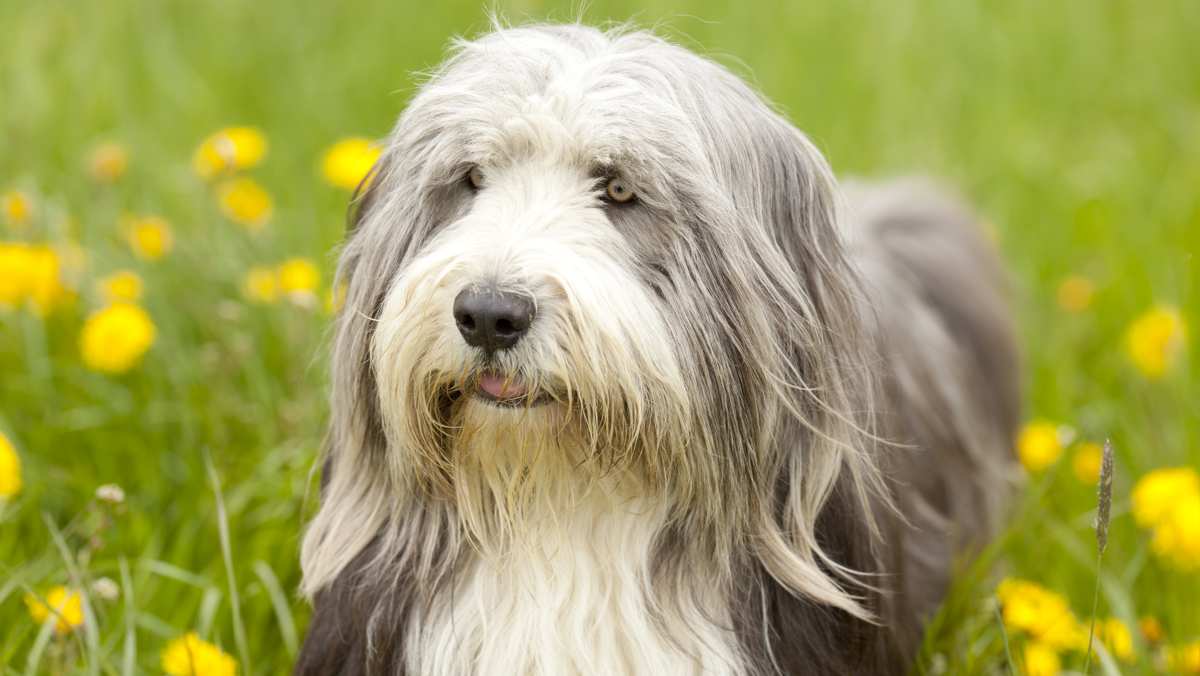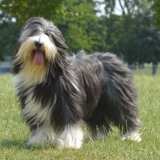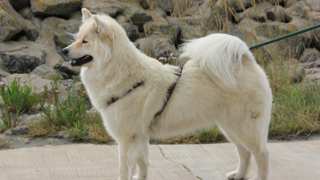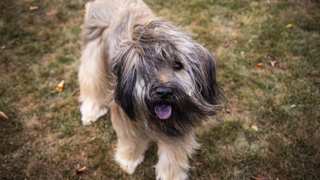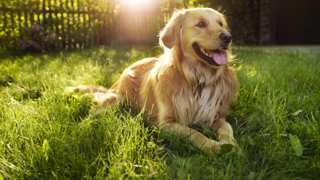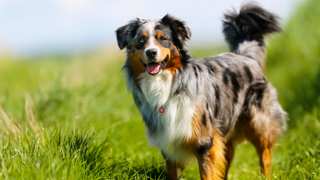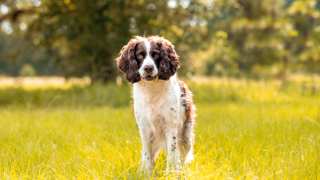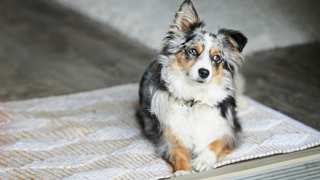This is an energetic, athletic breed, so Bearded Collie exercise requirements are quite extensive. Since they've spent centuries herding livestock, these dogs are used to a good bit of daily activity, and will need a variety of exercises that both stretch their legs and stimulate them mentally. Beardies make good jogging and bicycling companions; they're excellent competitors in various canine sporting events as well.
The typical adult Beardie, depending on its age and overall activity level, will need at least an hour of proper exercise per day--which you can achieve with a couple of long walks, jogs, or bike rides and a good period of play. You can start exercising your Beardie puppy when it's three months old by taking it on short (5- to 7-minute) leashed walks, then you can increase the walks' length and frequency as the puppy grows.
A few precautions to consider when exercising your Bearded Collie: first, puppies younger than nine months old shouldn't participate in activities that include a lot of jumping, running on hard surfaces, or navigating of stairs, as doing so can injure their still-developing joints and bones. And regardless of age, all Beardies will need to be leashed when in public. These dogs have very strong herding instincts, and will try to "control" moving objects--people, other animals, bicyclists, even cars--if given the chance; a leash will help you control your Beardie when the dogs tries to "herd" things. Even when exercising in your own yard, the area will need to be securely fenced to keep the dog from running off. Otherwise, Bearded Collies are healthy and hardy, and can exercise in a variety of situations and weather conditions.
Safeguards aside, it's very important for owners to exercise their Beardies every single day. These are task-oriented dogs with high barking tendencies, and without consistent activity they'll be frustrated, hyperactive, and disobedient, and will probably bark non-stop! Regular exercise is good for both the dog's and your own peace of mind. A few exercise ideas:
- Walking/Jogging/Bicycling: Two 30-minute walks (or 20-minute jogs or bike rides) per day is a good target
- Fetch/Frisbee: These dogs will chase a ball, stick, or Frisbee for hours
- Tug-of-War: Excellent indoor, rainy-day activity; use a rope or old towel
- Canine Sports: Beardies can excel at obedience and agility trials, herding competitions, and other events
- Dog Park: If properly socialized, Beardies enjoy the company of other dogs; be sure to use a leash
- Hiking: Great bonding activity; bonus if you can find a remote area where the dog can be off-leash
If your Beardie spends a lot of time indoors, it's a good idea to give the dog access to one or more balls or chew-toys that will allow it to burn excess energy. It's also recommended that you establish a regular exercise schedule for the dog, such as walks, jogs, or bike rides after breakfast and dinner and a play period in the afternoon.
